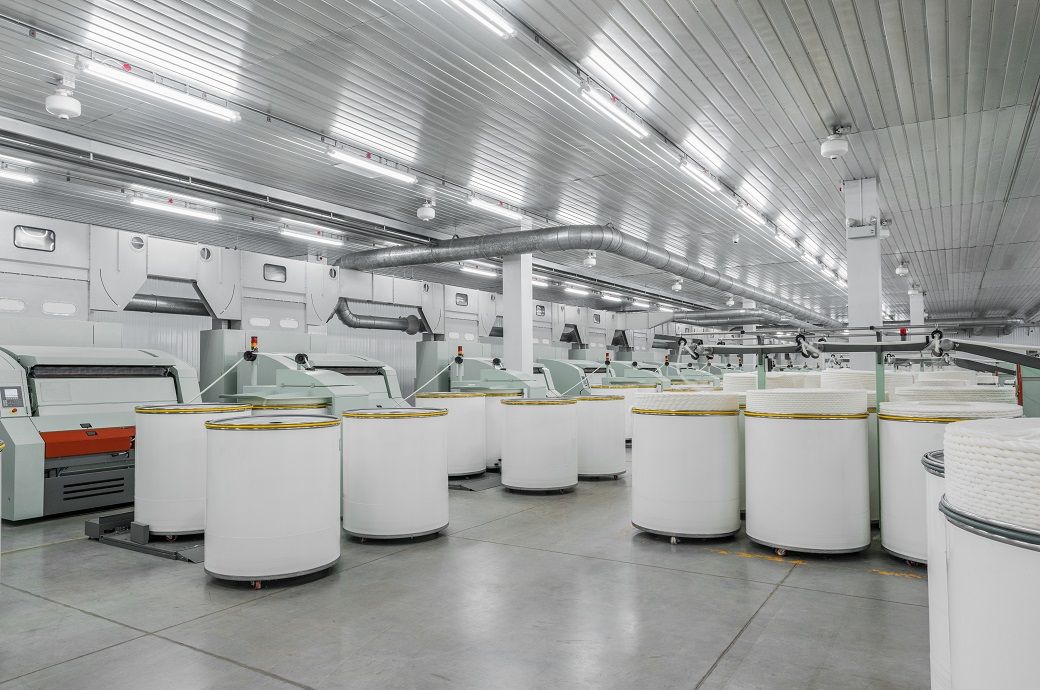
The latest reading of the PMI composite output index signalled the fastest rate of decline since the national lockdown in January 2021, as per S&P Global’s report.
A faster overall drop in private sector output in January 2023 mostly reflected business activity falling at the steepest pace for two years (index at 48, down from 49.9 in December).
Lower volumes of private sector activity were often attributed to greater risk aversion among corporate clients and a subsequent drop in business investment. The fragile backdrop for customer demand resulted in a sustained downturn in new work during January. However, the overall decline in new orders was only marginal and the softest seen since August 2022.
Another modest fall in new business intakes contributed to fewer pressures on capacity during January. This was signalled by a third consecutive monthly fall in backlogs of work, alongside a fractional reduction in employment numbers.
Turning to cost pressures, the latest survey highlighted a continued slowdown across the private sector economy in January. The overall rate of input cost inflation eased for the second month running to its lowest since April 2021. Survey respondents typically cited wage pressures as a factor leading to rising business expenses, but this was offset by lower fuel bills, commodity prices, and shipping costs. Manufacturers experienced the biggest slowdown in input cost inflation, with the latest reading the weakest since October 2020.
Average prices charged by private sector companies increased sharply in January, driven by historically strong inflationary pressures and efforts to pass on rising staff wages. However, the latest increase in output charges was the weakest since August 2021, reflecting more constrained pricing power and softer rises in transport and raw material costs.
Meanwhile, business expectations for the year ahead improved considerably in January. This index has rebounded in each month following the low point seen in October 2022, with the latest reading pointing to the strongest degree of optimism for eight months. Higher levels of confidence were recorded in the manufacturing sector, driven by hopes of an improving global economic backdrop and lower domestic inflationary pressures over the course of 2023.
“Weaker than expected PMI numbers in January underscore the risk of the UK slipping into recession. Industrial disputes, staff shortages, export losses, the rising cost of living and higher interest rates all meant the rate of economic decline gathered pace again at the start of the year. Jobs also continued to be lost as firms tightened their belts in the face of these headwinds, though many other firms reported being constrained by an ongoing lack of available labour,” said Chris Williamson, chief business economist at S&P Global Market Intelligence.
Fibre2Fashion News Desk (DP)